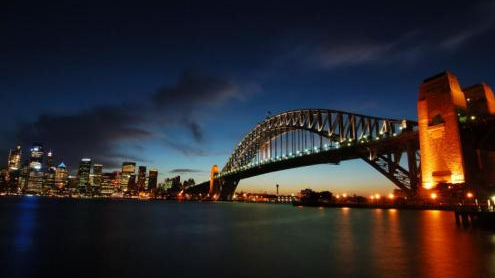 Imposition of flood surcharge and Reformed General Sales Tax (RGST) has become a political issue with both the opposition and coalition partners of the government opposing the proposed measures in parliament. The finance minister, Dr Abdul Hafeez Sheikh, appears impatient to get a stamp of approval from the legislators to be able to receive a good evaluation report and the next tranche from the IMF, but differences persist. Although newspaper headlines yesterday quoted acting chairman of the Senate Standing Committee for Finance that the RGST draft bill has been unanimously approved by the body, new developments and statements from various leaders suggest that this is not the case. Members of the Senate committee have denied having approved the draft while the absent chairman, MQM’s Ahmad Ali, has refused to endorse the document. It remains to be seen if the government’s efforts to mollify the MQM will bear fruit, for which both the federal finance minister and interior minister Rehman Malik were in Karachi.
Imposition of flood surcharge and Reformed General Sales Tax (RGST) has become a political issue with both the opposition and coalition partners of the government opposing the proposed measures in parliament. The finance minister, Dr Abdul Hafeez Sheikh, appears impatient to get a stamp of approval from the legislators to be able to receive a good evaluation report and the next tranche from the IMF, but differences persist. Although newspaper headlines yesterday quoted acting chairman of the Senate Standing Committee for Finance that the RGST draft bill has been unanimously approved by the body, new developments and statements from various leaders suggest that this is not the case. Members of the Senate committee have denied having approved the draft while the absent chairman, MQM’s Ahmad Ali, has refused to endorse the document. It remains to be seen if the government’s efforts to mollify the MQM will bear fruit, for which both the federal finance minister and interior minister Rehman Malik were in Karachi.
One thing is clear, however, the divergence of opinion both in favour and against the two proposed taxes has exposed the banality of arguments bandied about in the august house, which is the highest seat of decision making. While the opponents of these taxes to raise revenue are citing the likely subsequent rise in inflation and added burden on the common man as their reason, Dr Abdul Hafeez Sheikh’s offensive against a ‘powerful lobby’ that wants to evade taxes resorted to fancy arguments like the possibility of getting out of the debt trap with a 3-5 years economic stabilisation programme and structural reforms. A reality check is in order for both.Management of the economy has never been Pakistan’s strong point. Successive regimes have wedded themselves to the international capitalist system and depended on doles from international financial institutions (IFI) and other donors to run the economy. The situation has gone from bad to worse with the country now finding itself having to choose between the devil and the deep blue sea. On the one side is the critical need to raise money to meet development and running expenses and on the other is an exploitative international system of lending that has entrapped the country to an extent that without loans.
Pakistan, with its current economic structure and style of governance, cannot even meet its running expenses, let alone meet the needs of development. While some opposition members may have found satisfaction in dubbing the federal finance minister an ‘IMF recovery officer’ while debating the proposed RGST, the stark reality is that Pakistan has little choice but to meet IMF conditions if it hopes to receive the badly needed next tranche of its loan. The IMF board’s fifth review meeting of the country’s economic performance is due in December and imposition of RGST is one of their conditions. Also, there is intense international pressure on Pakistan to tax its rich for sustained assistance from richer nations. With the fiscal deficit expected to go well beyond the estimated figure of 4.7 percent and unabated borrowing by the government, Pakistan needs all the financial help it can get. While it is highly desirable that the government cut down its expenses to reduce the fiscal deficit, as the opposition members are arguing, this is only part of the solution. There is a need for expanding the tax net to all untaxed incomes without burdening the poor. However, this cannot lead to Pakistan extricating itself from the debt trap, as Dr Abdul Hafeez Sheikh would like to have us believe. Radical cuts in luxury expenses, and a revolutionary programme of economic reform, involving industrialisation of the country leading to diverse export surpluses, backed by strong political will, are necessary for this to happen. Only fancy talk cannot steer the country out of the perennial debt trap -Dailytimes











